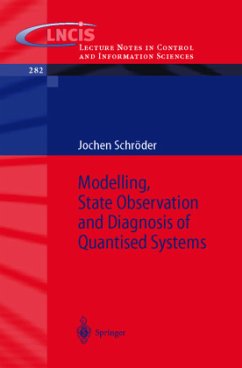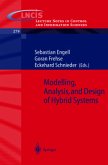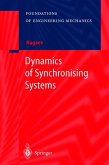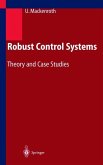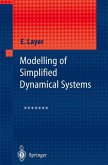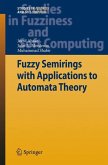Ongoing advances in science and engineering enable mankind to design and operate increasingly sophisticated systems. Both their design and operation require the understanding of the system and its interaction with the envir- ment. This necessitates the formalisation of the knowledge about the system by models. A major issue is what kind of model is best suited for a given task. This book is about the supervision of continuous dynamical systems. Such systems are typically described by di?erential equations. However, this does notautomaticallymeanthatdi?erentialequationsarepropermodelsforso- ing supervision tasks. Instead, this book and recent approaches in literature show that supervision tasks do in general not require the use of such precise modelsasdi?erentialequations.Thisisofinterestbecauseuncertainties,t- ically occurring in supervision, make the use of precise models very di?cult. Alternative approaches therefore use less precise models such as discrete- event descriptions to solve supervision tasks on a higher level of abstraction. Discrete-event descriptions in form of automata are one of the key elements of this book. To reach this higher level of abstraction, uncertainties by qu- tisation are introduced on purpose, taking into account a loss of precision. This is one of the main di?erence to other approaches. When using nume- calmodelsliketransferfunctionsordi?erentialequations,uncertaintiesmake the analysis more di?cult. Not so here, where the system is described on a qualitative level on which uncertainties are naturally incorporated. The book presents a new way to describe systems for supervision. Preparing this book I learned that the key to solve supervision problems is simplicity.
Hinweis: Dieser Artikel kann nur an eine deutsche Lieferadresse ausgeliefert werden.
Hinweis: Dieser Artikel kann nur an eine deutsche Lieferadresse ausgeliefert werden.

